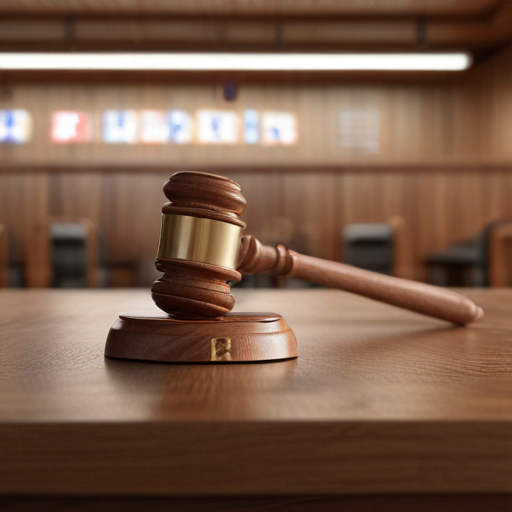The U.S. Supreme Court is set to hear oral arguments regarding a law that may result in the ban of the popular social media platform TikTok, with a decision expected soon. The law, backed by bipartisan support, mandates that ByteDance, TikTok’s China-based parent company, must divest its ownership before January 19, coinciding with the inauguration of President-elect Donald Trump. Failure to execute a sale would necessitate a shutdown of the app for millions of American users.
TikTok, along with several of its users, has filed a lawsuit challenging the law, with arguments grounded in the First Amendment’s protection of free speech. The company contends that compelling them to sell is akin to shutting down a major media outlet, asserting concerns that such a divestiture would disrupt the operation of the app and impact its unique algorithm that drives user engagement.
During the court session, attorneys representing TikTok highlighted the potential implications on creators’ rights, emphasizing that the platform facilitates expression and community-building that can’t be replicated elsewhere. They pointed out that eliminating TikTok could disadvantage ordinary users and creators who rely on the platform to reach their audience.
Conversely, the Biden administration is defending the legislation on national security grounds, presenting the argument that TikTok poses a risk of foreign influence and data privacy issues. Solicitor General Elizabeth Prelogar maintained that the law intends to protect Americans from exposure to manipulative content orchestrated by the Chinese government.
This case is layered with a complex political backdrop. Although it was signed into law by President Biden, former President Trump has shown varying support for TikTok, even suggesting a temporary injunction to explore a political resolution upon his return to office. Notably, the legislation provides the president an option to extend the divestiture deadline by 90 days if evidence of genuine progress is observed.
The implications of the Supreme Court’s ruling will resonate widely, not just in terms of the operational future of TikTok but also in the wider conversation about free speech in the digital age and regulatory oversight over social media platforms.
In summary, as the court prepares to deliberate, the outcomes could significantly impact the landscape of social media interaction and civil liberties. The ongoing discourse highlights the essential balance between national security and protecting individual expression, a challenge exacerbated by the evolving dynamics of technology and digital communication in today’s society. This case serves as a pivotal moment in defining how the government navigates these concerns in the future.
